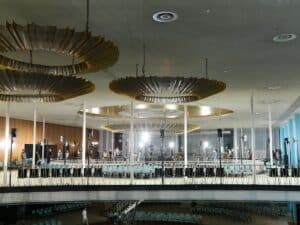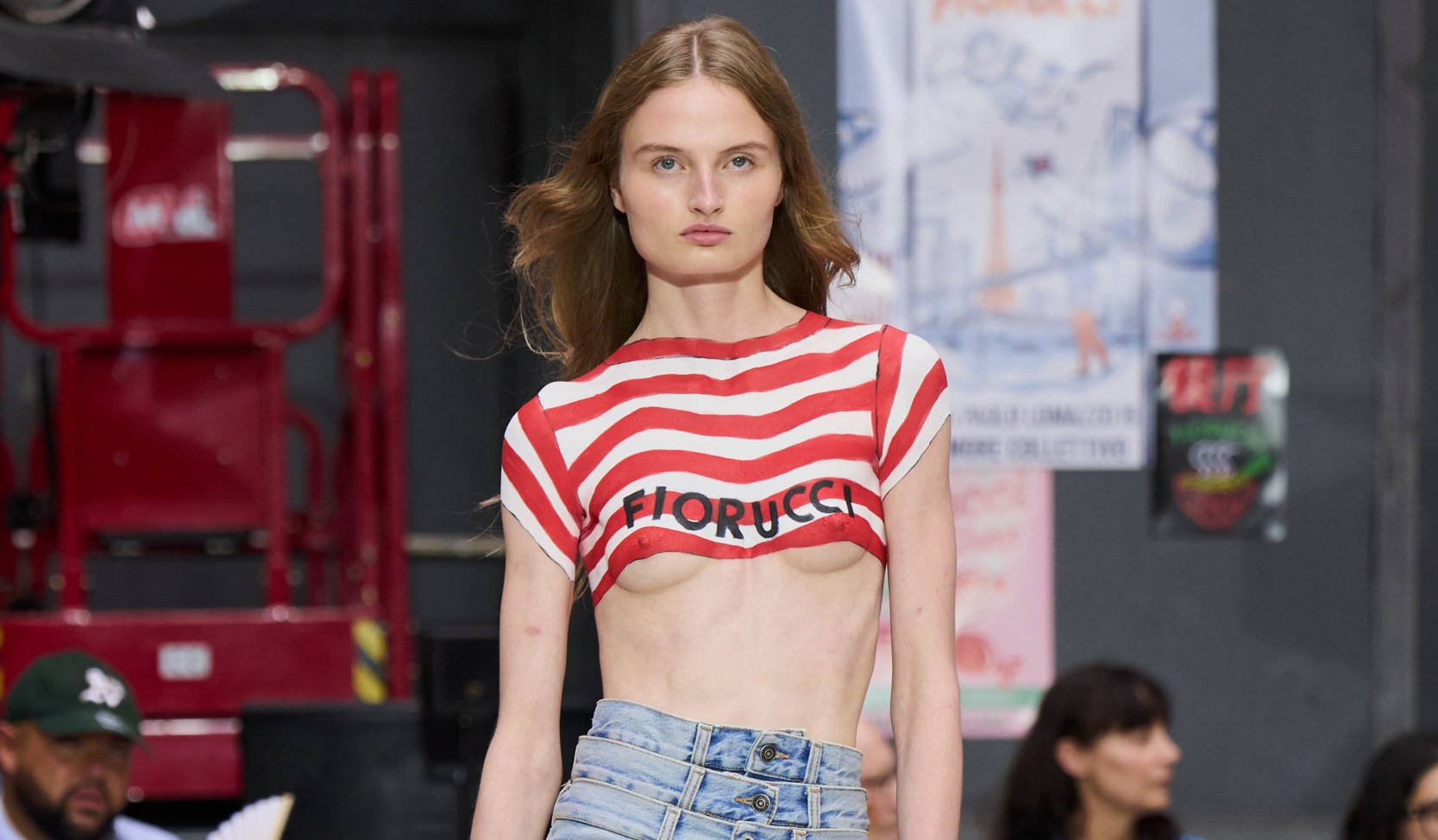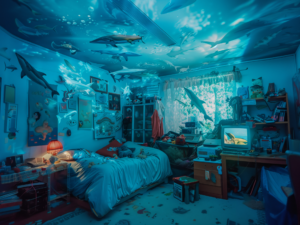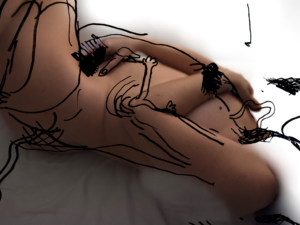Our understanding of the world lately has been turned upside down, twisted, crumpled, drenched in gasoline, set on fire, and thrown out the window. Many of us are left with the question: “What now?”
Some have attempted to search for answers in historical records, trying to find precedents that could possibly correlate to our current situation. The artist Zohra Opoku looks back to her family roots to find those answers.
Interview by Johanne Björklund Larsen, taken from our Fräulein F / W 2020 print issue
The pandemic has put a halt on most of our lives, and as we are suddenly forced to slow down for the first time in decades, we begin to contemplate what decisions and actions led us here. Both through science and politics, we are reminded that history isn’t a thing of the past, but is very much present today and it continues to shape our future. This is something the Ghanian-German artist Zohra Opoku is well aware of. Mixing the mediums of photography and fabric, Opoku’s work examines the complexities of identity and shows us the inextricable relationship between past and present.
Her practice is heavily influenced by her own story, which itself is rather unique. Her East German mother and Ghanian father met in 1975, while they were both studying in Halle in what was then East Germany (GDR). A year later, Opoku was born, but shortly after her birth, her father was forced to return to Ghana. Her mother, unable to follow due to the laws of the GDR, was left as a young mother. The separation created a void within her, denying her a chance to grow up with the history and culture she inherited from her father: “The governmental decision that separated my parents became a defining moment in my life. It is what led me to become an artist and it is why I explore belonging and identity in my practice. “



